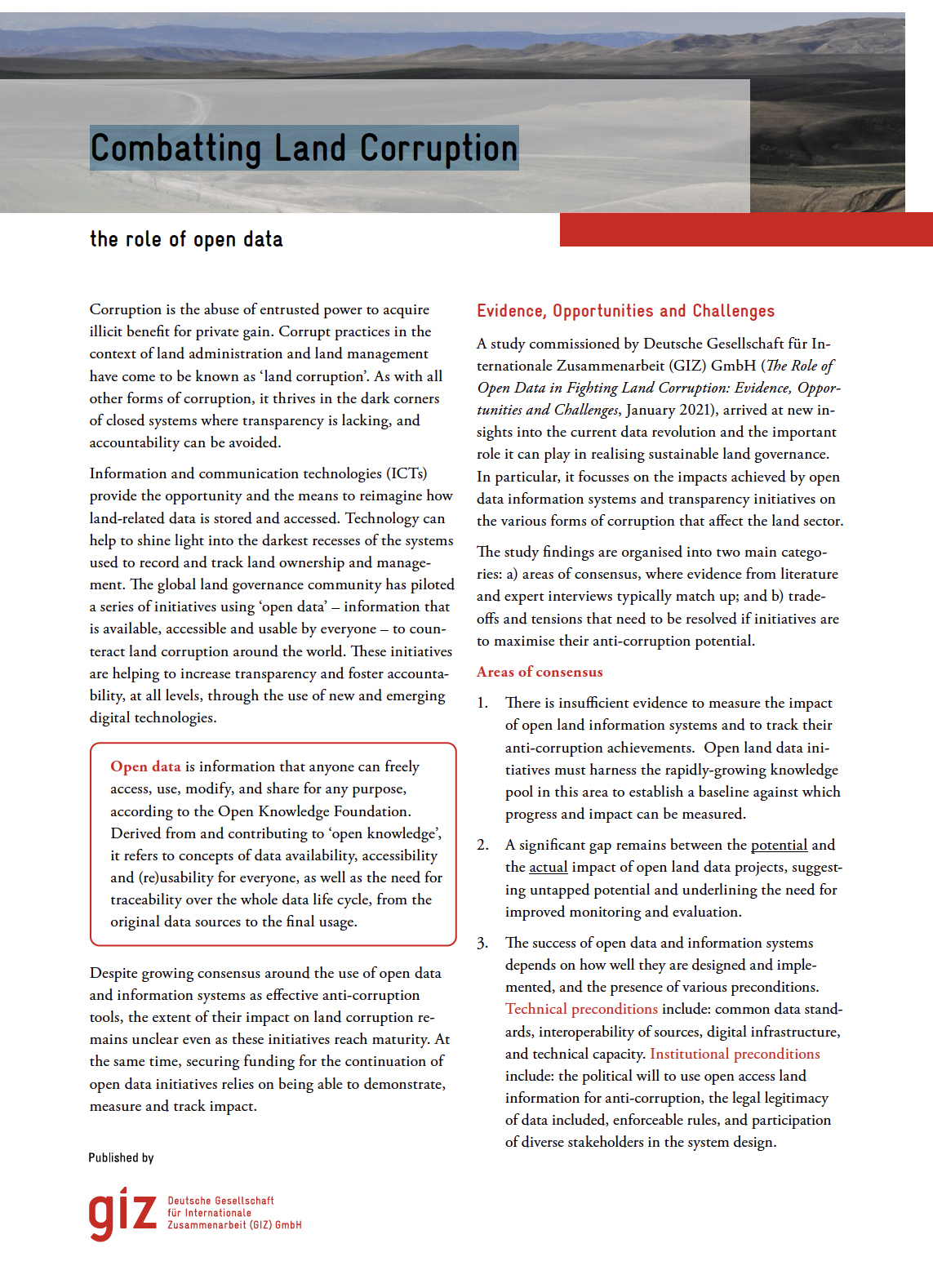Location
As a service provider in the field of international cooperation for sustainable development and international education work, we are dedicated to shaping a future worth living around the world. We have over 50 years of experience in a wide variety of areas, including economic development and employment promotion, energy and the environment, and peace and security. The diverse expertise of our federal enterprise is in demand around the globe – from the German Government, European Union institutions, the United Nations, the private sector, and governments of other countries. We work with businesses, civil society actors and research institutions, fostering successful interaction between development policy and other policy fields and areas of activity. Our main commissioning party is the German Federal Ministry for Economic Cooperation and Development (BMZ). The commissioning parties and cooperation partners all place their trust in GIZ, and we work with them to generate ideas for political, social and economic change, to develop these into concrete plans and to implement them. Since we are a public-benefit federal enterprise, German and European values are central to our work. Together with our partners in national governments worldwide and cooperation partners from the worlds of business, research and civil society, we work flexibly to deliver effective solutions that offer people better prospects and sustainably improve their living conditions.
Members:
Resources
Displaying 91 - 95 of 340Poster: Tackling Land Corruption with Open Data
Open Data is data that can be freely used, shared and built-on by anyone, anywhere, for any purpose. Open Data is widely considered to be an effective response to land corruption by increasing transparency, supporting innovation and increasing civic engagement. Advocates of open data believe in its potential for empowering citizens to gain more insight on government spendings and land-related decisions; giving civil society greater power to hold governments accountable for their actions.
Combatting Land Corruption
Corruption is the abuse of entrusted power to acquire illicit benefit for private gain. Corrupt practices in the context of land administration and land management have come to be known as ‘land corruption’. As with all other forms of corruption, it thrives in the dark corners of closed systems where transparency is lacking, and accountability can be avoided.
Promoting Responsible Governance of Investments in Land (RGIL) in Ethiopia
The “Responsible Governance of Investments in Land” (RGIL) project in Ethiopia aims at ensuring that investments in land are productive, contribute to sustainable land management, and respect the rights and needs of local populations, in particular vulnerable groups and women.
Land Matters
Responsible Land Policy in Uganda (RELAPU) is a project implemented by the German International Cooperation (GIZ) and financed by the German Federal Ministry for Economic Cooperation and Development (BMZ). BMZ created the Special Initiative “One World, No Hunger”, aimed to eradicate extreme hunger and poverty. Within this special initiative, RELAPU is part of the Global Programme on Responsible Land Policy presently implemented in eight countries.
Trends in Urban Corruption
In 2015, 193 countries affirmed their commitment to the 17 goals of the 2030 Agenda for Sustainable Development, including Germany. According to an estimate by the United Nations in 2018, the international community loses 5% of global gross domestic product through corruption. Effective measures to combat corruption are therefore a prerequisite for achieving the ambitious goals of the 2030 Agenda.




